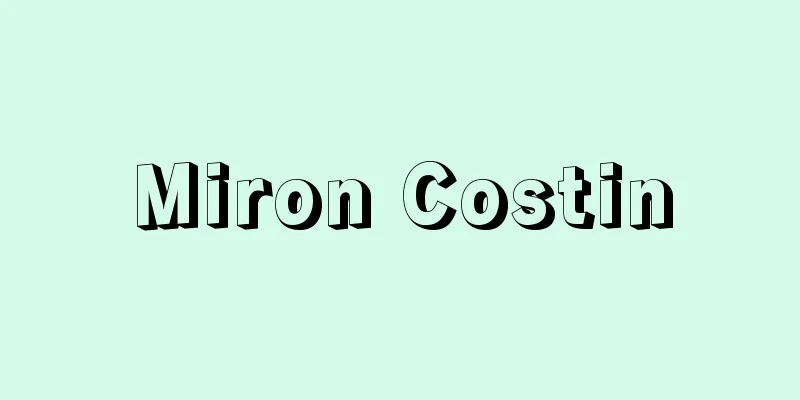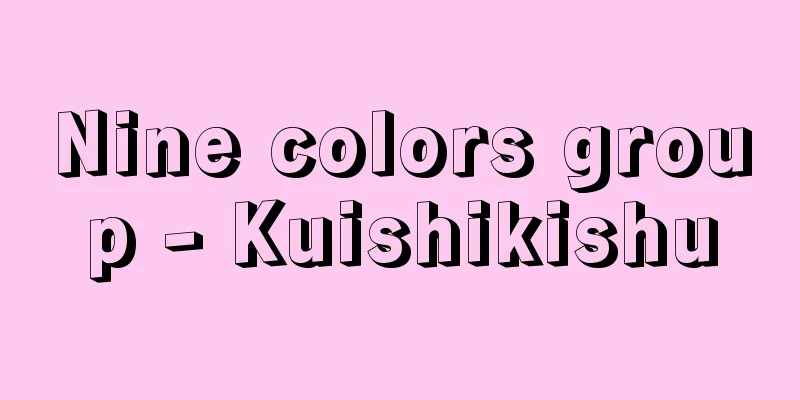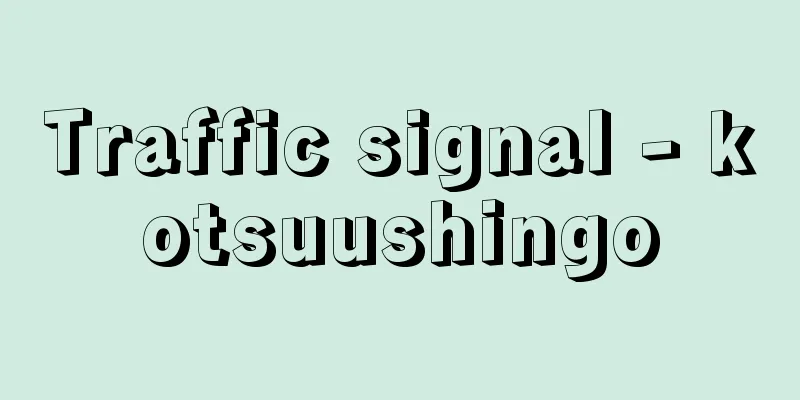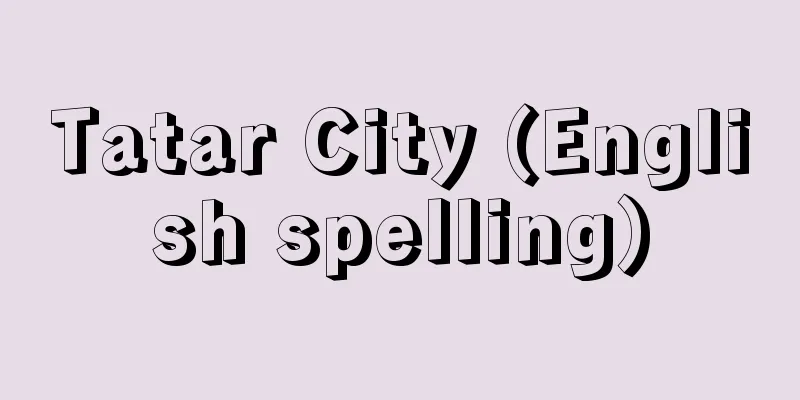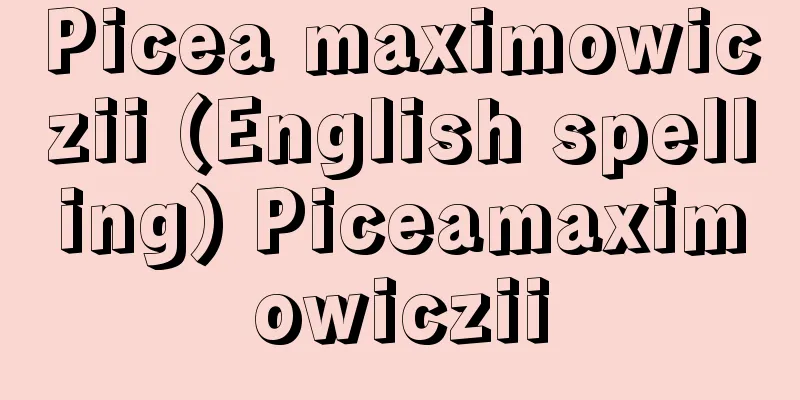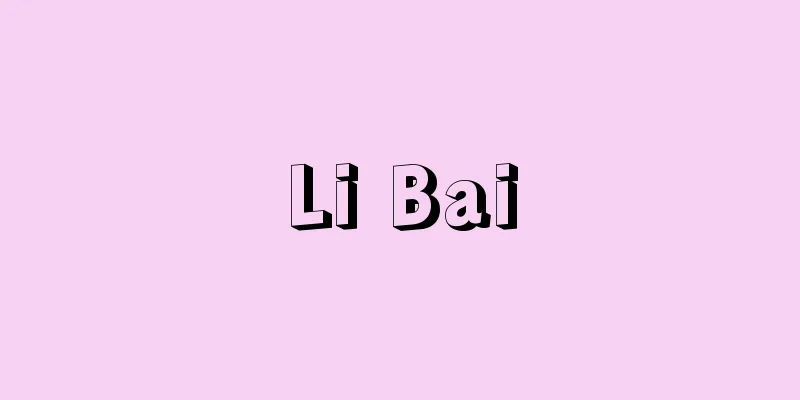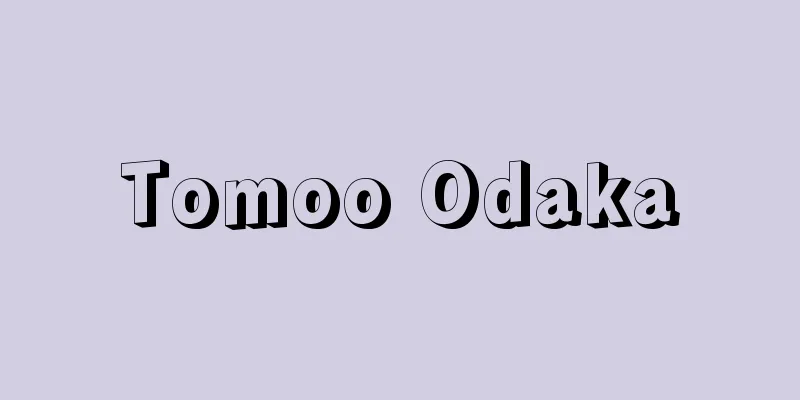"Okuni Ondo" - Okunindo

|
...A dance song sung throughout the prefecture, centered around Akita City. It is also called "Toru Ondo," "Senboku Ondo," "Jiguchi Ondo," and during the feudal era, "Okuni Ondo." It is said to have originated in 1663 (Kanbun 3), when Satake Yoshitaka wished to hold a hand dance demonstration, and a certain vassal added a touch of jujutsu to it and had the children of the feudal domain learn it. *Some of the terminology that refers to "Mikoku Ondo" is listed below. Source | Heibonsha World Encyclopedia 2nd Edition | Information |
|
…秋田市を中心に県下一円で歌われる踊歌。《トル音頭》《仙北音頭》《地口(じぐち)音頭》,藩政時代には《御国(おくに)音頭》とも。起源は佐竹義隆の1663年(寛文3),手踊上覧のおぼしめしがあったとき,家臣某が柔術の手を加味して,藩の子女に習わせたものという。… ※「《御国音頭》」について言及している用語解説の一部を掲載しています。 出典|株式会社平凡社世界大百科事典 第2版について | 情報 |
Recommend
Winkler
German industrial and analytical chemist. His fat...
out of position
… [Yutaka Mizutani]. … *Some terminology explanat...
Kastorias [Lake] - Kastorias
…Ancient name: Keletron. Located on the west shor...
The Legend of Emperor Mu
It is said to be the oldest historical novel in C...
Saturated solution
When a solution exists in equilibrium with free s...
straight
〘noun〙 (adjective) (straight)① Something that is s...
Anomie (English spelling) anomie French
A state of chaos caused by the instability, relax...
Headmaster - Headmaster
The head of a facility called a "garden"...
Kitab al-fihrist (English spelling)
…Also known as Nadim. Author of the Kitāb al-fihr...
Yoshimitsu Ashikaga
The third Shogun of the Muromachi Shogunate. His ...
Gypsy moth (English spelling)
An insect of the Lepidoptera family, Lymantriidae ...
Thanks commotion - Thanks commotion
...A frenzied popular movement that took place ma...
Centrifugal dehydrator
A centrifuge is a device used to remove water from...
Compulsory acquisition - Compulsory acquisition
…In addition to the above, several types of publi...
Woven cashmere - Orikashimiia
...Most of the patterns are Indian pine, almond-s...
